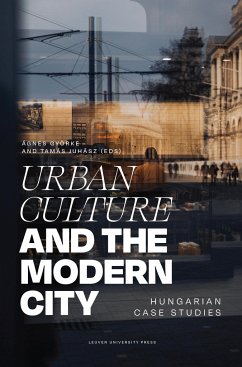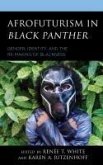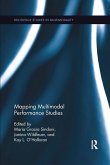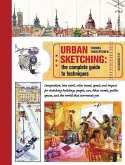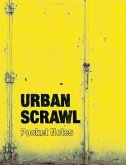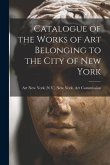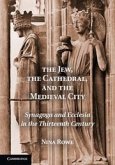When consulting key works on urban studies, the absence of Central and Eastern European towns is striking. Cities such as Vienna, Budapest, Prague, and Trieste, where such notable figures as Freud, Ferenczi, Kafka, and Joyce lived and worked, are rarely studied in a translocal framework, as if Central and Eastern Europe were still a blind spot of European modernity. This volume expands the scope of literary urban studies by focusing on Budapest and Hungarian small towns, offering in-depth analyses of the intriguing link between literature, the arts, and material culture in the 20th and 21st centuries. The case studies situate Hungarian urban culture within the global flow of ideas as they explore the period of modernism, the mid-century, and the post-1989 era in a context that moves well beyond the borders of the country. Ágnes Györke is associate professor at Károli Gáspár University's Department of Literary and Cultural Studies in English and principal investigator of the Cosmopolitan Ethics and the Modern City research group. Tamás Juhász is associate professor at Károli Gáspár University where he teaches modern British and American literature, cultural theory and Central European film. This book will act as an important future reference work for scholars working on the 20th and 21st century Hungarian city. It reminds scholars unfamiliar with Hungarian urban culture of the vast range of urban phenomena that remain underrepresented in academic literature in English. - Lieven Ameel, Tampere University
Hinweis: Dieser Artikel kann nur an eine deutsche Lieferadresse ausgeliefert werden.
Hinweis: Dieser Artikel kann nur an eine deutsche Lieferadresse ausgeliefert werden.

